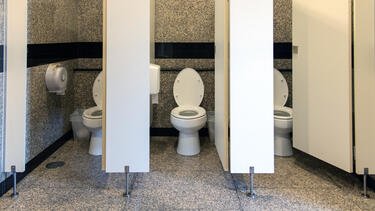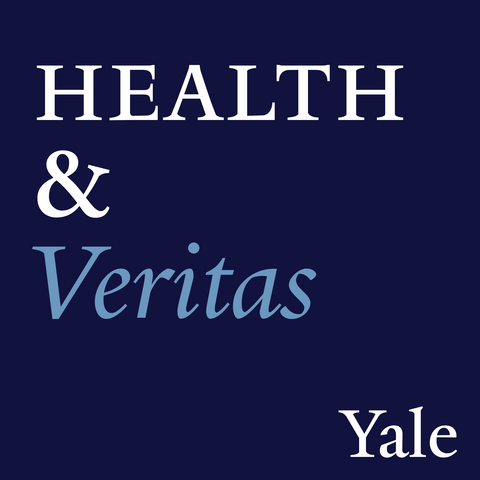Healthcare
Do the New Obesity Drugs Pay for Themselves?
Could expensive drugs like Ozempic save healthcare systems money by reducing the risk of obesity-associated diseases? A new study co-authored by Yale SOM’s Jason Abaluck suggests that other health expenses may actually increase over the first couple years of treatment.

Collaboration Can Close Healthcare Gaps—But It Isn’t Easy
Collaboration among organizations and across sectors can help, said a group of leaders at the Yale Healthcare Conference—but it must be pursued strategically.
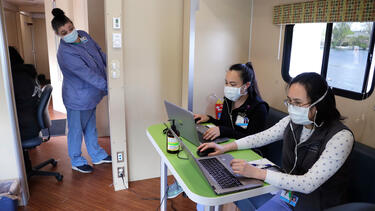
Has the CRISPR Revolution Arrived Yet?
The first drugs using the CRISPR technique are approaching the market, with the potential to transform the lives of people with certain genetic illnesses. We talked with Dr. Greg Licholai about the state of the technology.

Uncovering the Mental Health Impacts of COVID-19 in Low- and Middle-Income Countries
A new study co-authored by Yale SOM’s Mushfiq Mobarak investigated how mental health fared after the pandemic arrived in eight low- and middle-income countries, and found signs of a sharp, and lasting, deterioration.
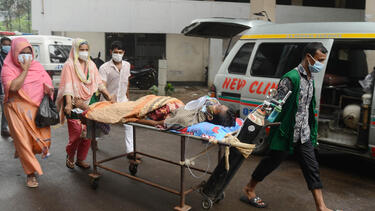
A Long-Term Solution to Insuring the Sick
In a new paper, Yale SOM’s Soheil Ghili and his co-authors show that longer health insurance contracts could protect consumers who are or become ill against sudden premium spikes.
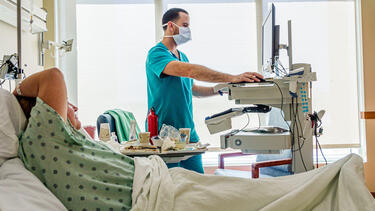
The Role of Business after Roe
In the wake of the Supreme Court’s Dobbs v. Jackson Women’s Health Organization decision, access to reproductive healthcare varies widely from state to state. In a recent Yale SOM conversation, alumni and faculty discussed how businesses can advocate for the preservation of that access on behalf of their employees, customers, and other stakeholders.

Can the Inflation Reduction Act Bring Down Drug Prices?
We asked Prof. Fiona Scott Morton, an expert on competition in the healthcare industry, whether the new legislation will make a difference—and what it will take to get drug prices under control.
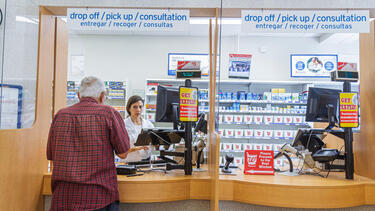
Leading after Roe
Amanda Skinner ’08, CEO and president of Planned Parenthood of Southern New England, discusses the consequences of the Dobbs v. Jackson Women’s Health Organization decision for women’s health and economic lives, and for her organization.
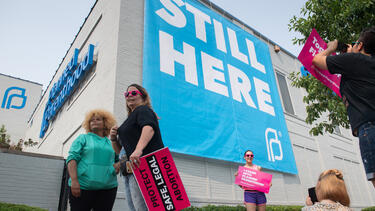
Why Does Spending on Drugs Keep Going Up?
Eric Tichy ’18, vice chair of pharmacy formulary at the Mayo Clinic, explains what’s driving pharmaceutical spending and what the trends mean for patients, providers, and pharma companies.
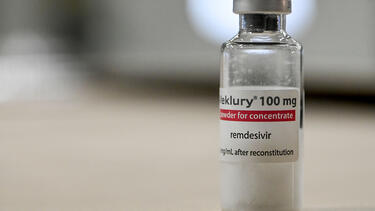
Religious Nursing Homes Have More Severe Violations of Care Standards than Secular Ones. Why?
The homes’ strong internal identity means that wrongdoing is less likely to be flagged for an outside regulator’s involvement, allowing problems to worsen, suggests new research co-authored by Yale SOM’s Amandine Ody-Brasier.
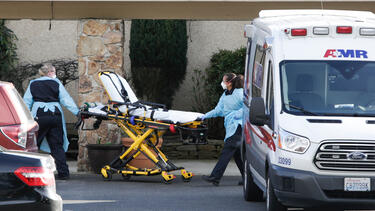
Wastewater Can Reveal How Many of Us Have Gotten COVID-19
New research based on data on COVID-19 RNA in sewage suggests that many more people had been infected with COVID-19 by May 2021 than official case counts indicated.
